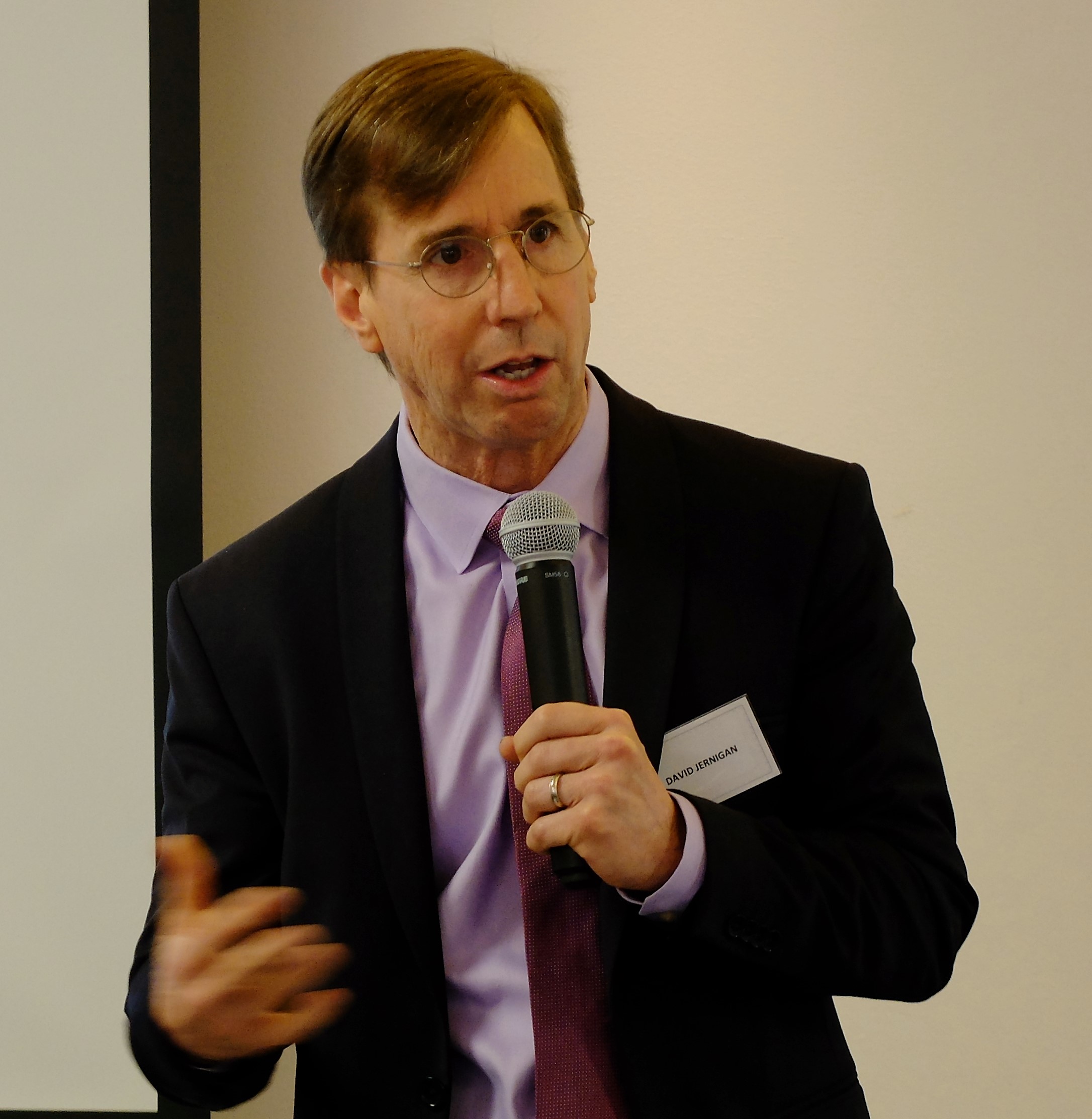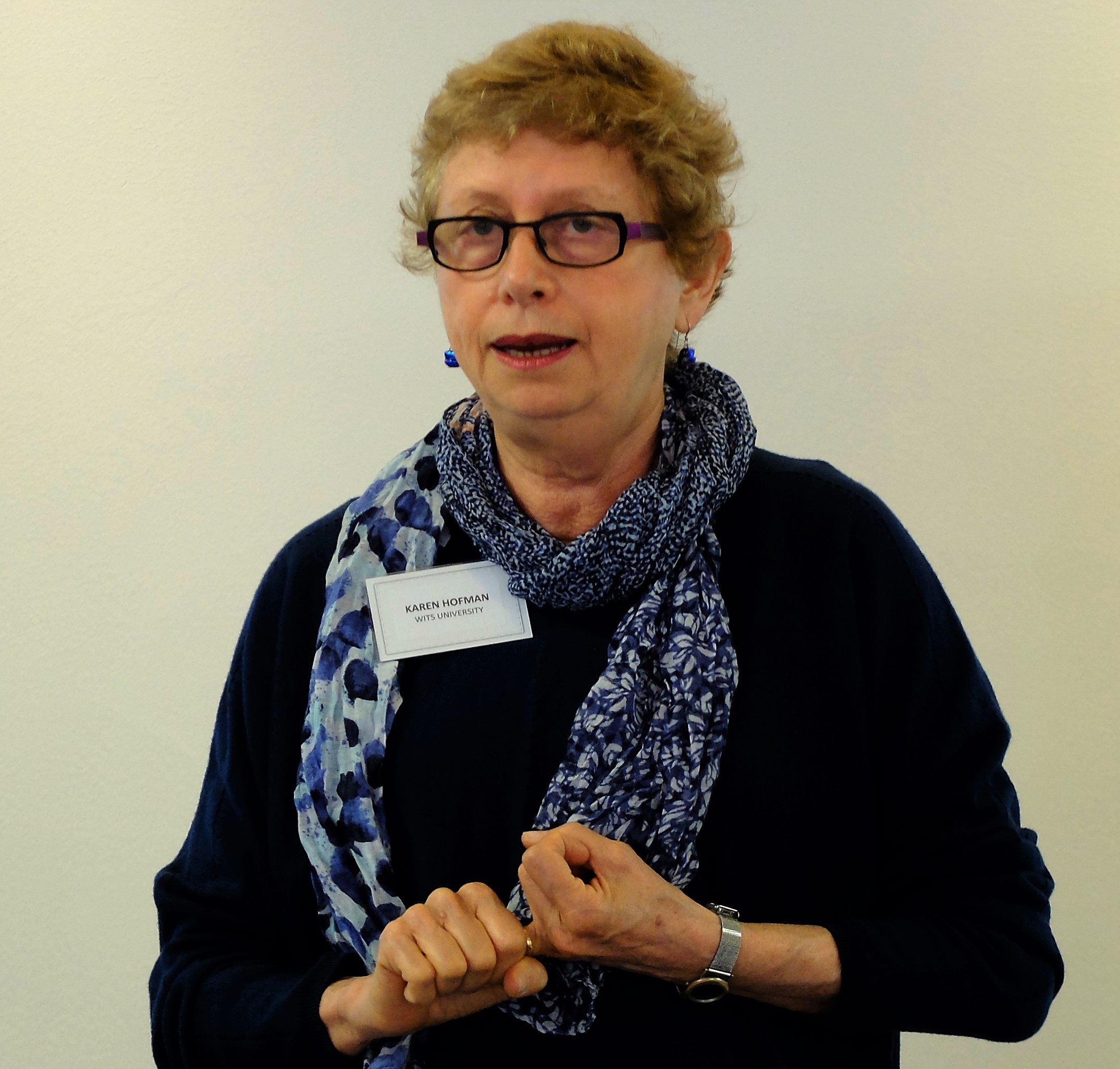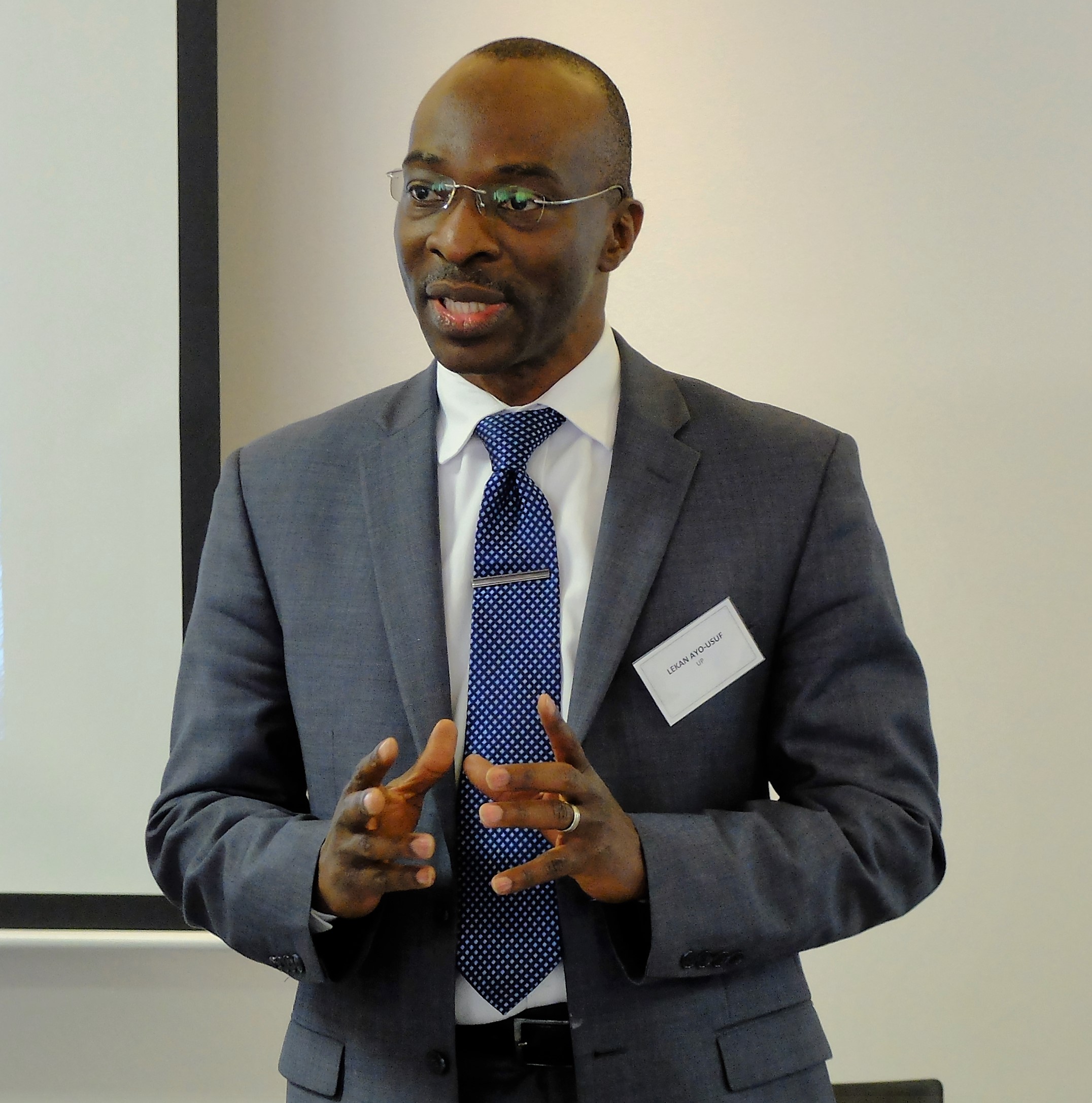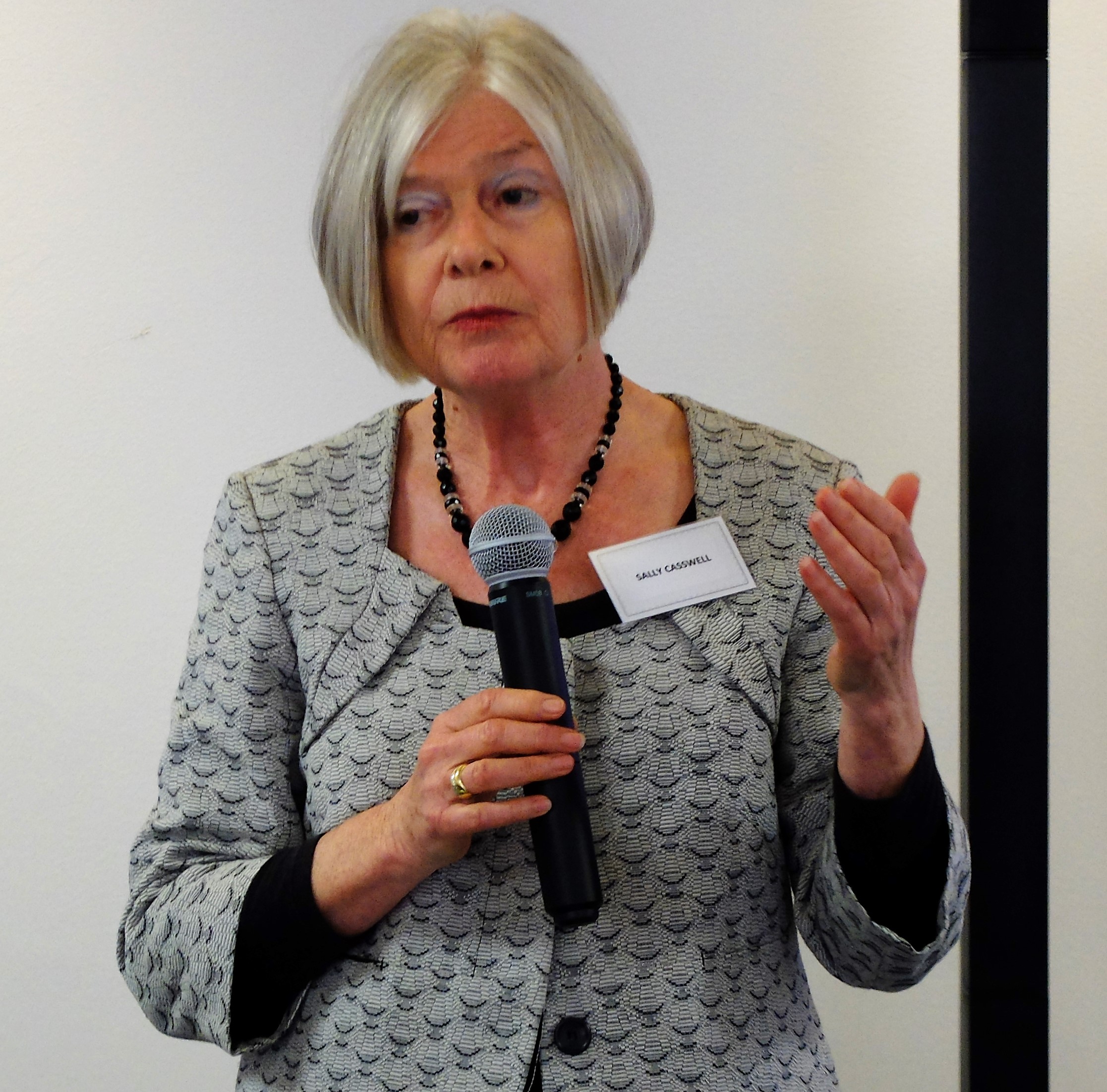Curbing industry marketing of harmful products to young people
In a meeting in Cape Town 26 August 2016 international experts support call for marketing ban on harmful products to protect children.
Young South Africans consume harmful products like tobacco, sugar and alcohol at alarming levels with 17.6% of high school learners smoking tobacco monthly, 12% of adolescents initiating alcohol use before age 13 and 6.9% being obese.
International experts discussed ways to change this reality and some of the WHO evidence-based strategies suggested were taxation, marketing bans and reducing access to these products. These strategies are most effective when implemented at population level and benefit both children and adults.
Professor Isidor Obot “African governments have allowed alcohol companies to do whatever they want to do on the continent. Governments have a responsibility to protect the health of African youth.”
Prof Ayo-Yussuf said, “Despite the ban on advertisements of tobacco products, the industry continue to promote smoking among youths through offer of free cigarettes, promotion of discount prices, product placement in movies and TV soapies and glamorous point-of-sale displays.”
“Alcohol marketing in the digital world is pervasive and threatens efforts to control alcohol related harm, particularly in emerging markets and middle income countries,” urged Professor Sally Casswell
Tobacco, alcohol and sugar are risk factors for ill-health in both the short and long–term. The prime aim of marketing of these products is to create new consumers and therefore it targets children and young people. Advertising and promotion increases consumption of harmful products by children and young people in particular and therefore they will be the main beneficiaries of advertising and promotion bans on these products.
Prof Karen Hoffman said “Comprehensive bans on marketing to vulnerable populations should be harmonized to address the triple threat from the industrial epidemics of alcohol, tobacco and sugary drinks.
“”A ban on advertising of harmful products is part of a comprehensive package of cost-effective interventions including policy change, social mobilisation and support for behaviour change “said Prof. Karen Hoffman.
A Health Promotion Foundation is a vehicle which can gather and mobilise the evidence for health promoting packages and lobby for their implementation as well as draw on inter-sectoral action from in order to protect the health of children.



